Nigeria
As Muslims across Nigeria prepare for Eid al-Adha, the rising cost of living is casting a shadow over celebrations.
The price of rams - central to the festival’s traditional animal sacrifice - has surged dramatically, leaving many families struggling to keep up.
The traditional ram market in Kara, Ogun State, typically a vibrant hub of activity, is facing an unprecedented slowdown; ram prices have doubled — and in some cases tripled — compared to last year.
“The ram that I bought personally around, let’s say, 200,000 naira (127 US dollars) last year; this year, we start negotiating from 600,000 naira (380 US dollars),” said Abiodun, a Nigerian visiting from London.
For many, the cherished tradition of sacrificing a ram during Eid al-Adha, a powerful act of faith and gratitude, is now slipping out of reach.
Jaji Kaligini, a veteran ram seller in Kara, said he was deeply worried over low sales this year.
"Everyone is suffering, and we don’t know what to do," he said.
As the Eid festivities draw near, there’s a growing concern that the high cost of living will dampen the celebratory spirit as what was once a proud family ritual becomes a financial burden few can bear.
Since 2023, President Bola Tinubu's fiscal policies have triggered the worst cost of living crisis fuelling inflation rate of more than 23%





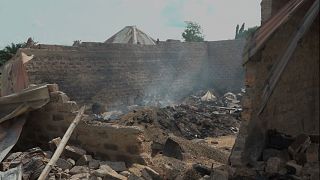

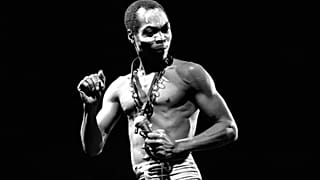
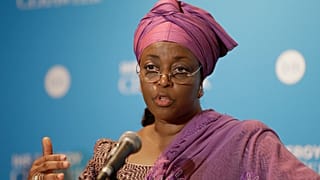
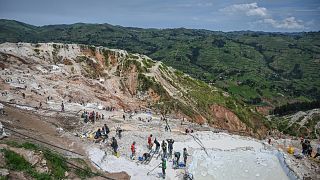
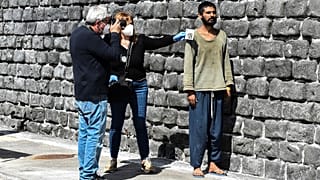

01:30
Police disperse protesters demanding compensation following mass eviction
01:12
Nigeria army rescues 11 kidnap victims on Kaduna–Abuja highway
Go to video
Nigeria: Soldiers face trial for alleged Tinubu coup plan
01:32
US, Nigeria diverge in details over strikes on militants
01:45
New mass kidnapping, initially denied by police, shakes Nigeria
00:51
Nigeria to revise inflation reporting after artificial spike expected in December